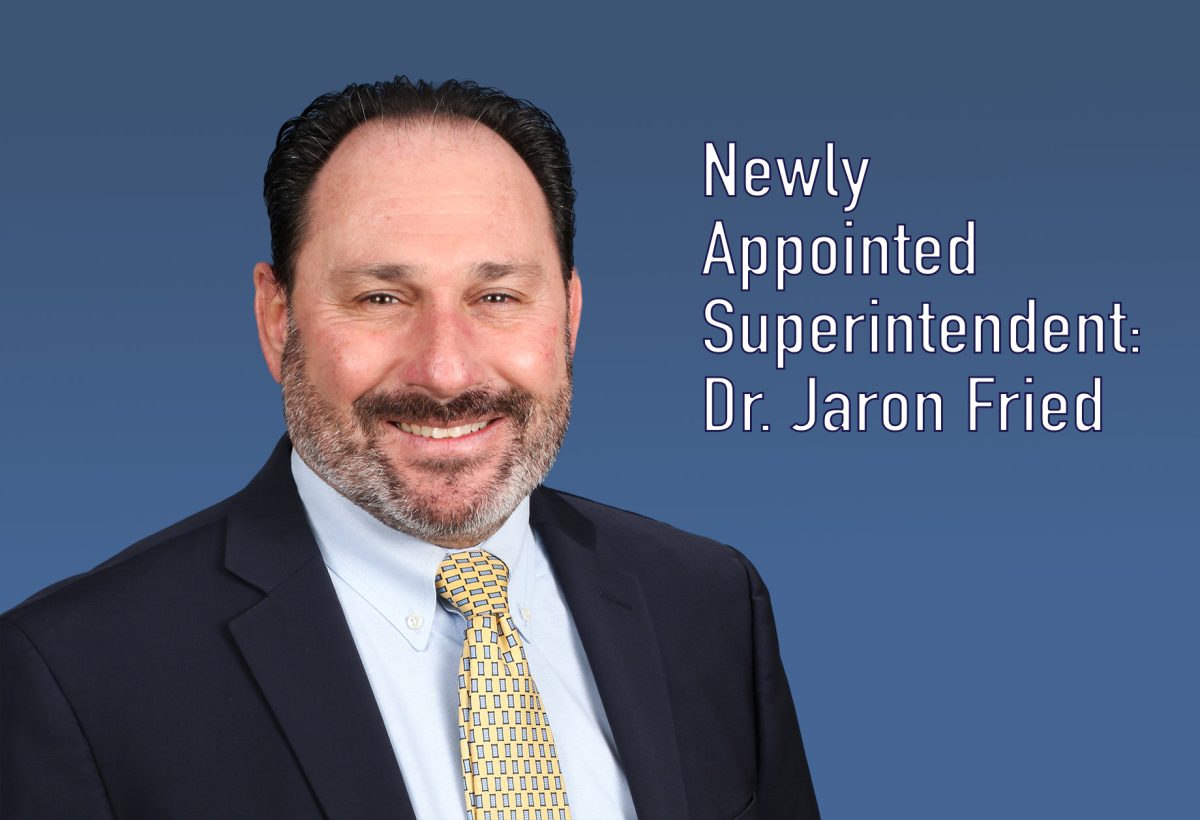On April 24, the Anaheim Union High School District (AUHSD) concluded its Local Control and Accountability Plan (LCAP) meetings for the 2025- 2026 school year, finalizing key district priorities based on inputs from students, parents, and staff members. Held at the District Office, the meeting marked the fifth and final of the year.
The first four meetings of the year allowed the focus groups participants to discuss changes they wanted to implement. During the fourth meeting on April 3rd, each Focus Group generated 3 total recommendations, which accumulated to 12 total recommendations amongst all the groups. A Google Form vote at the final meeting narrowed the number down to the top three suggestions. However, these recommendations will be finalized after being sent out to LCAP participants, who couldn’t attend the final meeting, via email. Then, the top 3 priorities will be presented at the AUHSD Board of Trustees meeting on June 5th.
The survey results at the end of the meeting, which are subject to change, revealed how 2 out of the 3 most popular recommendations focused on expanding counselor access. Recommendation #3 from Group #1 focused on increasing the number of school counselors across campuses with the end goal of more personalized and equitable support, especially in areas such as Dual Enrollment, work-based learning, Restorative Learning, CTE Pathways, and internships. Additionally, Recommendation #1 from Group #4 also advocates for expanded counseling services by hiring more counselors to enhance academic support, college & career guidance, and social-emotional learning. Both of these recommendations prioritize targeted assistance for low-income students, foster youth, and English learners.
The third recommendation was Recommendation #3 from Group #2, focused on lowering student-adult ratios by increasing Board of Immigration Appeals (BIA) and paraeducator support to help English Learners and students with disabilities.
During the course of the meeting, AUHSD High School Ambassadors shared their testimonials and reflected on the LCAP process.
“I think it’s really important for students to have a voice in the changes that our schools make. When students speak up and adults actually listen…to me, that’s student voice…[it] means more than just sharing our opinion, it means being a part of the conversation…that’s why the LCAP process is so important,” said Nicholas Sanchez Motta, Katella High School.
The LCAP process also relies heavily on parental involvement and organizations such as the Orange County Congregation Community (OCCCO), focus on guiding parents, especially those who are English learners, through it.
A translator for Lazcano Sycamore, a Gilbert High School parent, shared that during Mrs. Sycamore’s speech in Spanish, she shared her love and appreciation for both the LCAP process and OCCCO.
“She was able to connect the data and the information with the support of the students, parents, and staff that helped her understand…What made a big difference for her was OCCOOO, which helped all of them understand the language, the process, and the why…For her, being a part of this process was about representing her school & community…[Also,] one challenge that parents faced [last year] was interpretations and we raised concerns and the district listened…She trusts that this new cycle will continue to improve,” said the translator.
While the LCAP process is extremely successful in what it does, there are still improvements that members involved in the process would like to instill in the future. Mr. Robert Saldivar, the AUHSD Executive Director of Educational Services, shared how during the beginning of LCAP, they usually start off with around 300-400 participants, but typically end the final meeting with only 100-200 participants. He hopes to gauge ways to avoid this decrease in participation.
The LCAP process continues to demonstrate the crucial role of community input in shaping AUHSD’s future goals, priorities, and funding decisions. With the diverse perspectives of participants, the district aims to ensure that its priorities and changes reflect the needs of those it serves. Students, parents, and staff are encouraged to get involved in the process by joining LCAP next year and attending focus group meetings in order to help them voice their opinions.



























































